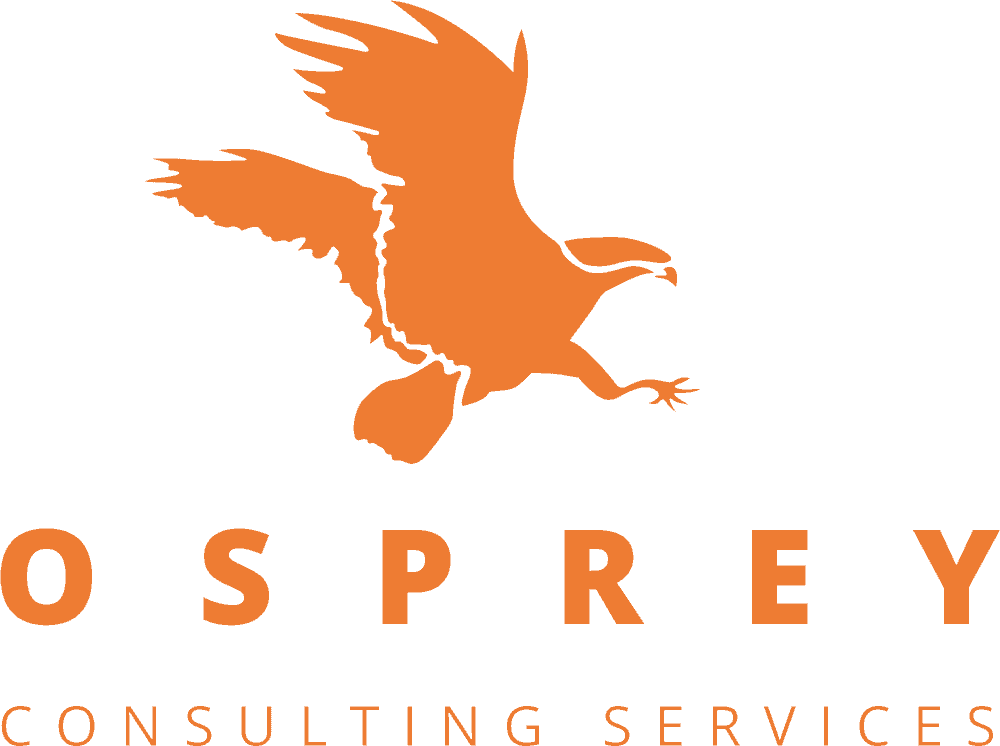So, you’ve decided you want to pursue a career as a safety consultant. You are probably wondering what to expect and perhaps how to prepare for upcoming interviews. A large proportion of my working career has been working as a safety consultant, so I thought I would share some thoughts on what it takes to be a safety consultant.
If you are reading this, you probably fit into two broad brackets; you already work in a related profession and want to step into consultancy; or you are a graduate looking for your first ‘proper’ job! I fell into the first bracket, I started my career (almost 18 years ago!) as a systems engineer in a large defence contractor, after 5 years plying my trade as a safety engineer I decided I wanted to pursue a career in consultancy, and the rest (as they say) is history.
A successful safety consultant requires several attributes in differing measures, not all safety consultants have all the attributes, but successful ones have them all to some extent, the best ones manage to do them all well;
- Technical – This is without doubt the most important attribute and a primary role, as a safety consultant you are being employed to provide clients with advice and technical support. Your specific area of expertise and technical core competencies will largely dictate your ‘specialism’ e.g. safety manager, certification, regulator, air traffic controller, operator but be prepared to ‘branch out’ from your core safety skills, you will often be required to consider innovative ways to tackle clients problems, adaptability is a trait that is often overlooked but is always useful as a safety consultant.
- Commercial / Project Management – Most consultancies are required to compete for work, deliver outputs to the client and do so on time and to budget. Competing for work involves developing proposals which requires; (a) understanding your client and your competition, (b) concisely articulate how the requirement will be met – the approach (c) being able to estimate effort accurately and (d) ensuring that the commercial aspects of a requirement are thoroughly understood. Once on contract the focus changes to the consultant managing the project (and team) to the plan, delivering high quality outputs to time and cost, often adapting to change and sometimes dealing with commercial change and challenge.
- Business Development (BD) – Most of the time business development is as simple as having good relationships with clients. Some of the time BD is about reacting to extra tasking or contract extensions with an existing client – what I refer to as reactive BD. Safety consultants need to react to clients to understand the issue and develop a response to the client. Reactive BD is just as important as active BD with the safety consultant front and centre. Active BD is actively looking for work or targeting specific requirements often as part of a concerted effort. Consultants will actively seek opportunities, which might be to complement a business development strategy or to develop an opportunity with a new contact. Success in BD is very much personality driven, but if you like drinking coffee and talking then it can be one of the most rewarding aspects of being a safety consultant.
If you’ve read this far and I haven’t put you off, who knows, it might be for you. Being a safety consultant is a rewarding career which offers variety of work, responsibility, professional development and a good team working environment. Ultimately the most valuable thing consultancies have is their people, without them there wouldn’t be a business. The upshot being that good consultancies look after their people and if that isn’t a reason to want to become a safety consultant then I’m not sure what is.
Pete Symons, Team Leader for Platforms and Air Systems

